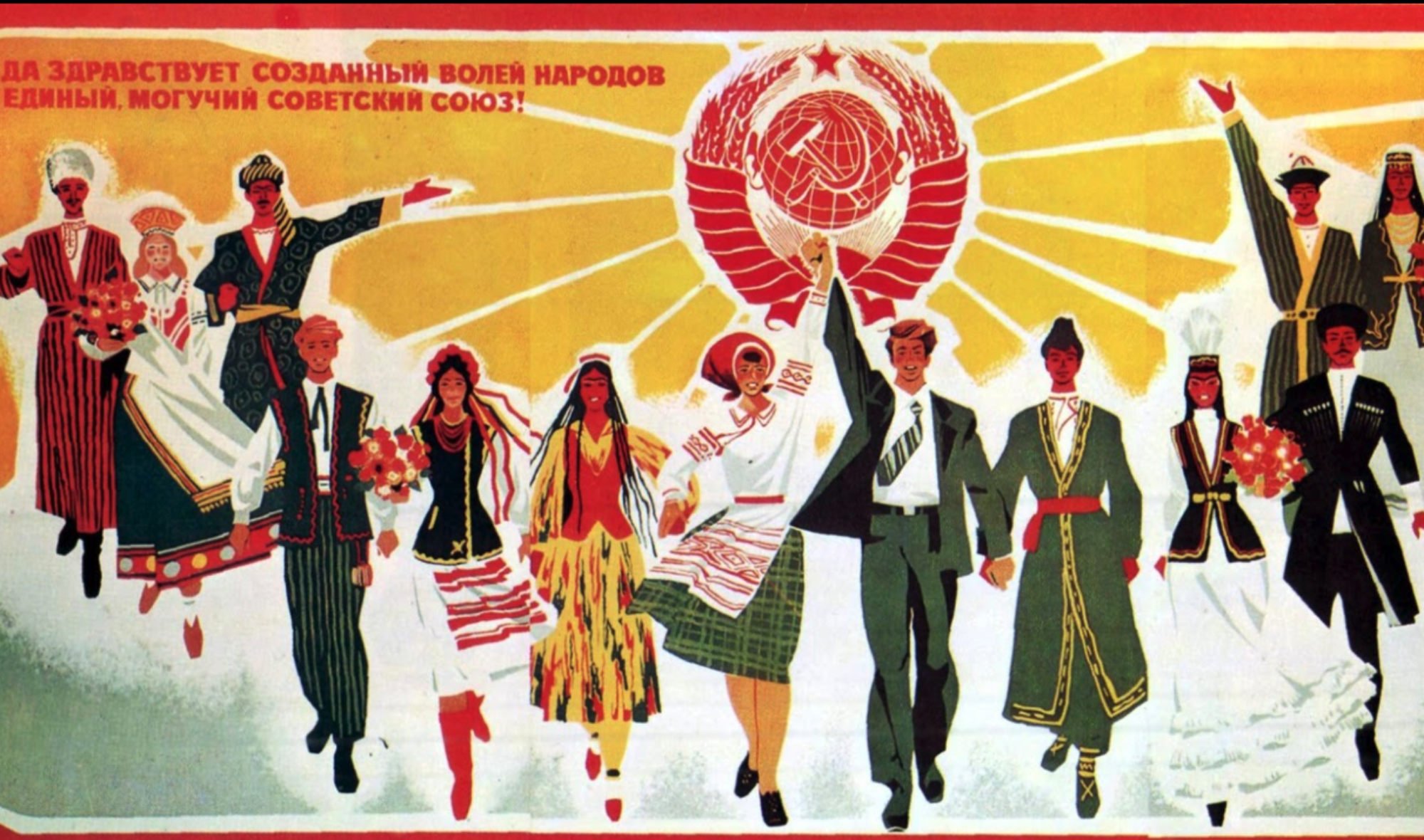Sydney Kightlinger
In The Soviet Union as a Work-in-Progress: Ethnographers and the Category Nationality in
the 1926, 1937, and 1939 Censuses, Hirsch spends a great deal of time explaining the preparation needed to survey the Soviet Union as government officials scrambled to figure out what Stalin would called “proletarian culture.” Although they were retained by the government, ethnographers who were trained in Imperial Russia were forced to throw out their old methods and design a census that did no depend on religion and or language. Soviet leadership had determined those old classifications were inaccurate markers of culture and nationality because of the “colonial practice of Russification” (255). However, there seems to still been a sense of colonization in the rhetoric used by Soviet officials after receiving the 1926 data: “In official discourse, natsional’nosti were “developed”
peoples, and narodnosti were still developing. This discussion of terms appeared in the “question and answer” pages of the journal as a device to educate party personal (167).
Maybe I am interrupting Hirsch’s language incorrectly, but does it not seem like she is suggesting that at certain points Soviet officials are attempting to form a collective using similar terms and techniques their oppressors had?
I am thinking specifically of her example of government intervention based on census data, page 266: “For example, a number of peoples who did not consider themselves Uzbeks were registered as such in 1926, presumably in order to buttress Uzbek claims to disputed territories. These peoples were then forced to adopt a new language and culture as their own.”

